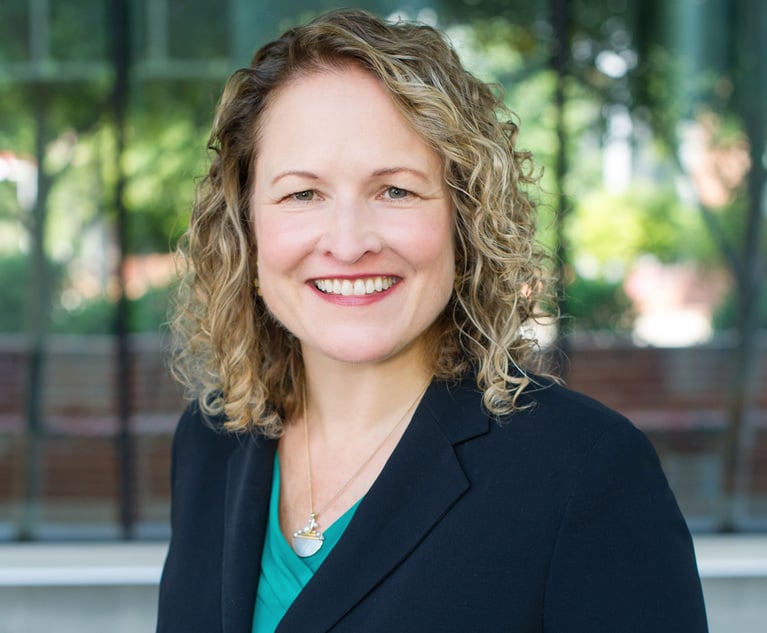It doesn’t—or at least it shouldn’t—take an army of business consultants to explain why law firms lacking succession plans are probably headed for trouble down the road.
What may be less obvious is the fact that failing to prepare for the future can have very real consequences in the present, as clients and young lawyers display little tolerance for firms that take a laissez-faire attitude toward succession planning.

 Photo credit: Sentavio/Shutterstock.com
Photo credit: Sentavio/Shutterstock.com







